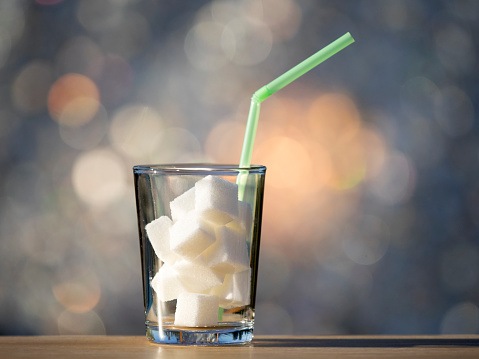
The consumption of sugar-sweetened beverages (SSBs) and 100% fruit juices is associated with increased all-cause mortality among adults in the US, according to a study published in JAMA.
Background on the Study Called “Association of Sugary Beverage Consumption With Mortality Risk in US Adults”
In this secondary analysis cohort study, researchers obtained data from participants who were previously enrolled in the Reasons for Geographic and Racial Differences in Stroke (REGARDS) Study, a cohort study intended to identify factors that contribute to increased mortality among people living in the southeast US as well black Americans. The REGARDS study enrolled 30,183 non-Hispanic black and white adults, ages ≥45 at baseline from February 2003 to October 2007, with follow-ups performed every six months through 2013.
Any individual with known coronary heart disease (CHD), stroke, or diabetes were excluded from the REGARDS study (4,490 [14.9%]), which resulted in 13,440 people (mean age, 63.6, 59.3% men, 68.9% non-Hispanic white, and 70.8% overweight or obese) in the population of interest. The researchers gauged SSB and fruit juice consumption using a validated food questionnaire and assessed the answers using consumption categories that aligned with the recommended limits of sugar intake as a percentage of total energy (TE), and 12-oz serving increases. To determine all-cause mortality, the researchers obtained cause of death records and conducted family interviews. They analyzed data from November 2017 to December 2018.
Results Support Need for Public Health Efforts
Results of study showed that were 1,000 all-cause and 168 CHD-related deaths during follow-up (mean follow-up, 6 years). The mean sugary beverage consumption was 8.4% (8.3%) of TE/d (4.4% TE/d from SSBs; 4.0% TE/d from 100% fruit juice). Moreover, when juxtaposing high sugary beverage consumers (≥10% of TE) to low (<5% of TE) sugary beverage consumers, risk-adjusted HRs were 1.44 (95% CI, 0.97 to 2.15) for CHD mortality and 1.14 (95% CI, 0.97 to 1.33) for all-cause mortality. Furthermore, risk-adjusted all-cause mortality HRs were 1.11 (95% CI, 1.03 to 1.19) for each additional 12 oz of sugary beverage consumed and 1.24 (95% CI, 1.09 to 1.42) for each additional 12 oz of fruit juice consumed. However, in risk-adjusted models, the study found no discernible correlation between sugary beverage consumption and CHD mortality.
The incrimination of fruit juices?
Association with increased all-cause mortality (w/ the usual caveats of diet studies, secondary analysis, contradictory findings, etc) https://t.co/m1UOtAtRw6 …https://t.co/jTO2gFAgN1 … pic.twitter.com/XpHdpFD5Aj— Eric Topol (@EricTopol) May 17, 2019
“Given the prominent role that sugary beverages play in the US diet, these results provide support for public health efforts to reduce consumption,” the study authors wrote. “Importantly, while an increasing number of program and policy initiatives have focused on reducing the consumption of SSBs, our results suggest that these efforts should be extended to include fruit juices.”
They added that further “well-powered studies with long-term follow-up are needed to clearly delineate the role that sugary beverages play in mortality risk.”
https://twitter.com/Cardiovasc_bio/status/1129838578362531841
Association of Sugary Beverage Consumption With Mortality Risk in US Adults: A Secondary Analysis of Data From the REGARDS Study.
Higher consumption of sugary beverages, including fruit juice, is associated with increased mortality. https://t.co/2isbsOXitC
— Michael Blaiss, MD (@wheezemd) May 20, 2019

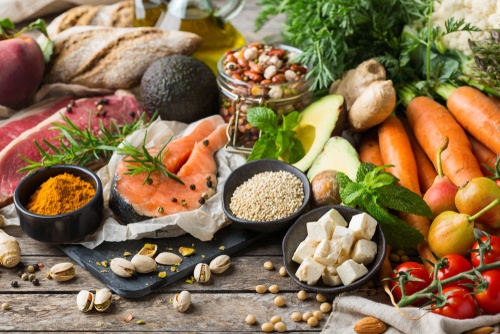
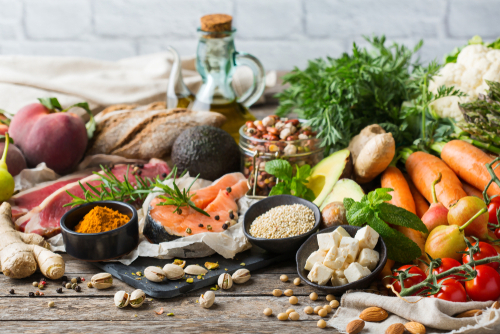
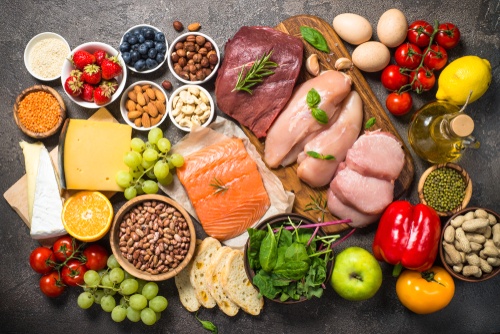
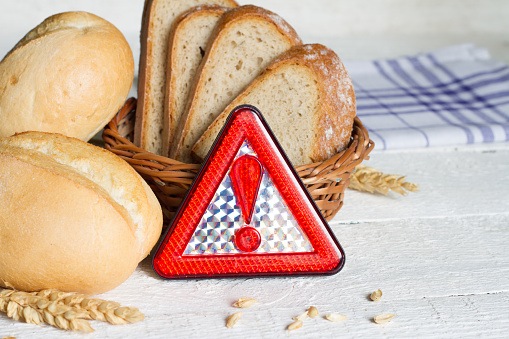

 © 2025 Mashup Media, LLC, a Formedics Property. All Rights Reserved.
© 2025 Mashup Media, LLC, a Formedics Property. All Rights Reserved.